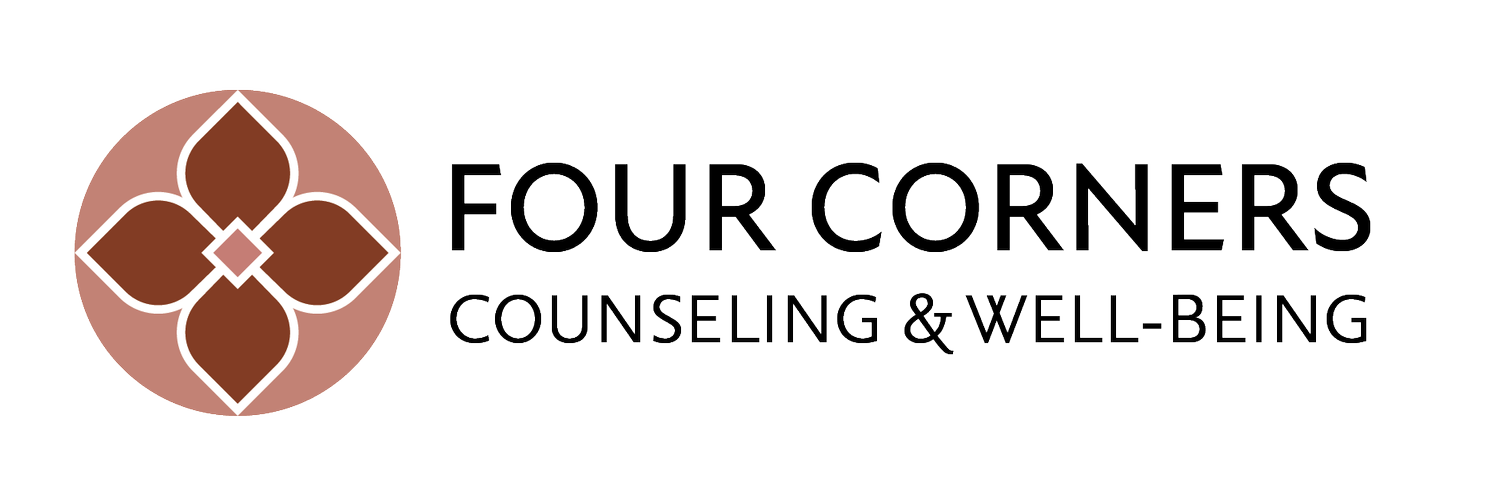
Internal Family Systems (IFS) Therapy
What is Internal Family Systems Therapy?
Internal Family Systems (IFS) is a transformative, evidence-based therapy for healing trauma and promoting well-being in adults, couples, and children. Also known as “parts work,” it’s based on the understanding that people are made up of “parts” (or subpersonalities) that hold our feelings, beliefs, memories, and thoughts. These parts—our relentless inner critic, our people-pleasing, and many more—strongly influence how we feel and act in our day-to-day lives. Distinct from these parts is our core “Self,” which is inherently calm and compassionate, allowing it to offer leadership to our internal system.
IFS is not family therapy—although the model can be used for couples and families. Dr. Richard Schwartz, the developer of IFS, applied systems concepts to the human psyche and determined that, just like in a family, our parts are interconnected and function together. IFS helps us map our different parts, relationships between those parts, and how they interact with our core Self.
Our parts—categorized as strong protectors (proactive “managers” and reactive “firefighters”) and burdened “exiles”—each have valuable qualities. However, they can be forced into unhealthy roles due to traumatic experiences or unfortunate life circumstances. When this occurs, our emotions and our relationships can get out of balance, causing stress, anxiety, and other issues.
You’ve probably said something like this before: “Part of me thinks this, but another part of me thinks that.” This is the starting point for IFS. From there, we can get to know our parts and better understand the roles they play in our daily lives. Through this process, our parts learn to trust our core, healthy Self, which has many crucial leadership qualities such as perspective, confidence, compassion, and acceptance. The Self becomes more and more present for all our decisions and interactions. Our protective parts soften and become more flexible when we’re triggered into negative emotions. Even during a crisis, Self-led people are able to hold their center rather than getting lost in their emotions. Self-led people become the “I” in the storms of life.
What conditions is IFS especially helpful for?
As a clinical treatment, IFS has been rated effective for improving general functioning and well-being. In addition, it has been rated promising for:
Improving generalized anxiety, phobia, panic, and phobia disorders
Treating mood (depression/bipolar) disorders and depressive symptoms
Facilitating trauma resolution and improving personal resilience and self-esteem
Resolving body image, eating disorders, and physical health conditions
Fostering increased personal and spiritual development.
In a practical sense, how can IFS Therapy help?
IFS can help clients learn ways to better relate to themselves, and move toward the 8 C’s of Self-Leadership: calmness, curiosity, clarity, compassion, confidence, creativity, courage, and connectedness.
Using the metaphor of a ship’s crew, imagine that you have an inner captain (the Self) and an internal crew of parts that need to be nurtured, considered, and given a voice. When the crew trusts the captain, the “ship”—our life—becomes Self-led and integrated. We’re less tense and reactive, with access to more choices in how we experience, process, and respond to challenging situations. We are able to move from problems to possibilities and enjoy a thriving, more authentic life.
All Four Corners therapists have been trained in IFS; attend IFS consultation groups facilitated by Hetty Barnett, a certified IFS therapist and supervisor; and incorporate IFS tools and framework into their therapy with clients.
Interested in learning about what a session with an IFS therapist looks like?
Read What a session with an Internal Family Systems (IFS) therapist can look like
Ready to get Started?
Call us at 301-960-8960 for a short chat with our Client Care Coordinator, who is available weekdays from 9 AM to 5 PM. You can also fill out the contact form and we will get back to you.
A Whole is Greater than the Sum of Its Parts. - Aristotle
Recent Posts
Find us in Silver Spring, MD
We’re located right off of the beltway and just 10 minutes north of the Silver Spring Metro at 10000 Colesville Rd #5. We are easily accessible by car, bicycle, rideshare, and public transit.




